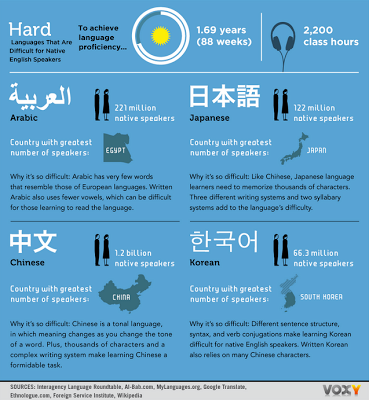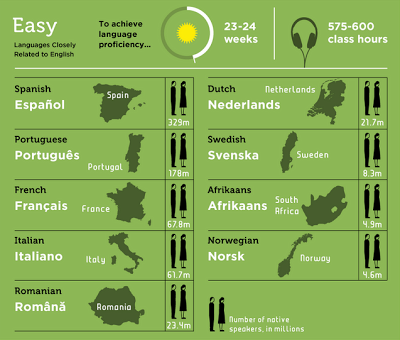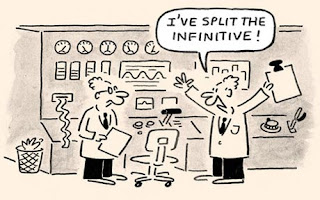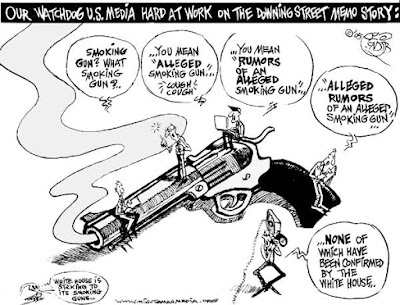What is Fowler’s Modern English?

A Dictionary of Modern English Usage (1926), by Henry W. Fowler (1858–1933), is a style guide to British English usage, pronunciation, and writing. Ranging from plurals and literary technique to the distinctions among like words (homonyms, synonyms, etc.), to foreign-term use, it became the standard for most style guides that followed and remains in print. source Fowler's legacy is claimed by both the descriptivist and prescriptivist schools of linguistics. David Crystal (perhaps the leading descriptivist) has written the introduction to the new edition . A version of this post is included in 50 FAQ about English ($1.75) A Dictionary of Modern English Usage: Classic First Edition Begat: The King James Bible and the English Language






